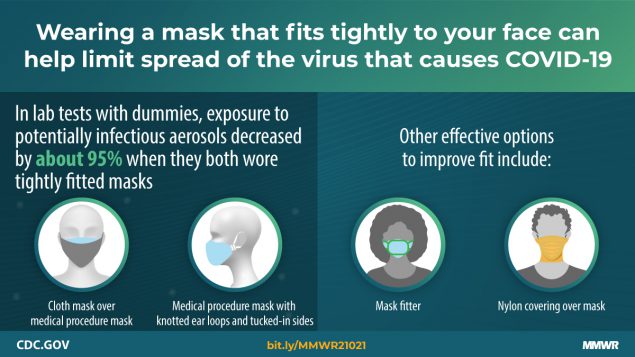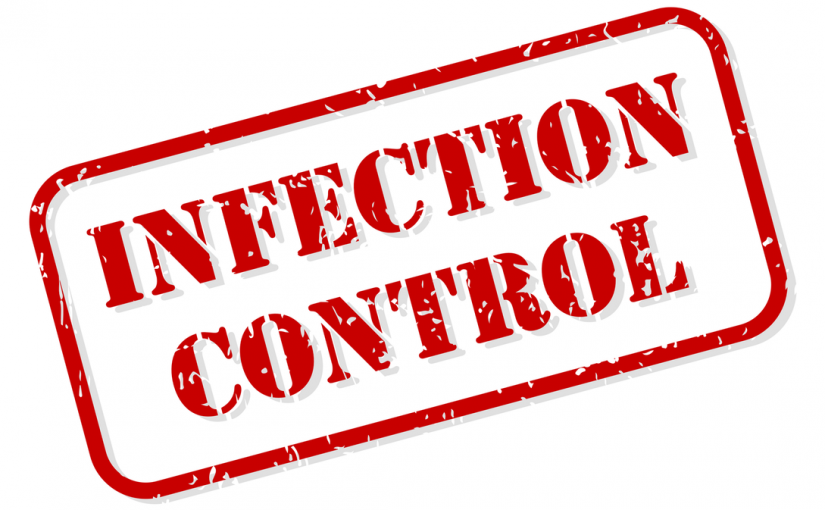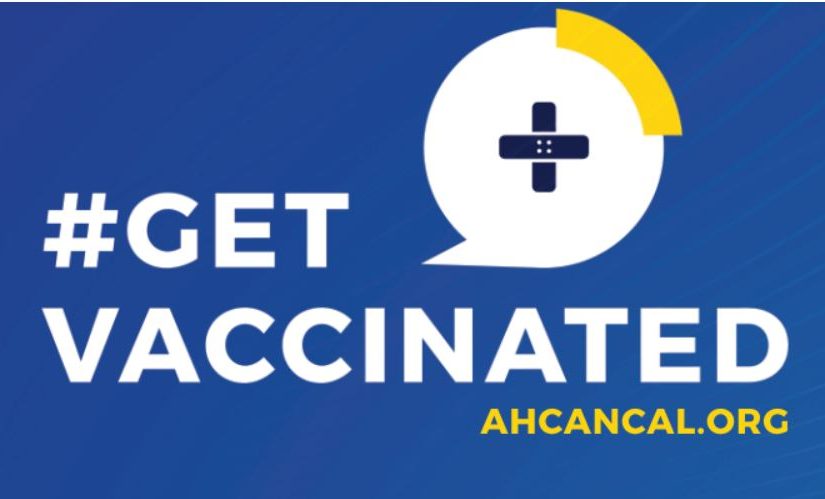In
Provider’s February issue, care providers share what COVID-19 policies have stood the test of time. In “Infection Control Lessons Learned,” clinicians say that new policies like patient isolation and enhanced disinfection procedures continue to work a year into the pandemic—and will continue to be important post-vaccination. “We probably will keep cohorting and isolation procedures for future outbreaks of infections, including the flu,” says Francine Rainer, chief clinical officer at PruittHealth.
What’s also emerged from the pandemic is a new portrait of the future of infection control. Best practices and lessons are parts of it, along with new CMS policies that providers say should continue.
Take the Skilled Nursing Facility 3-Day Rule Waiver, for example. “We are focusing on this moving forward and advocating that it be a permanent change,” says Erin Prendergast, AHCA/NCAL senior manager, quality improvement.
Find out what best practices will continue and more about the new face of infection control and prevention
here.









